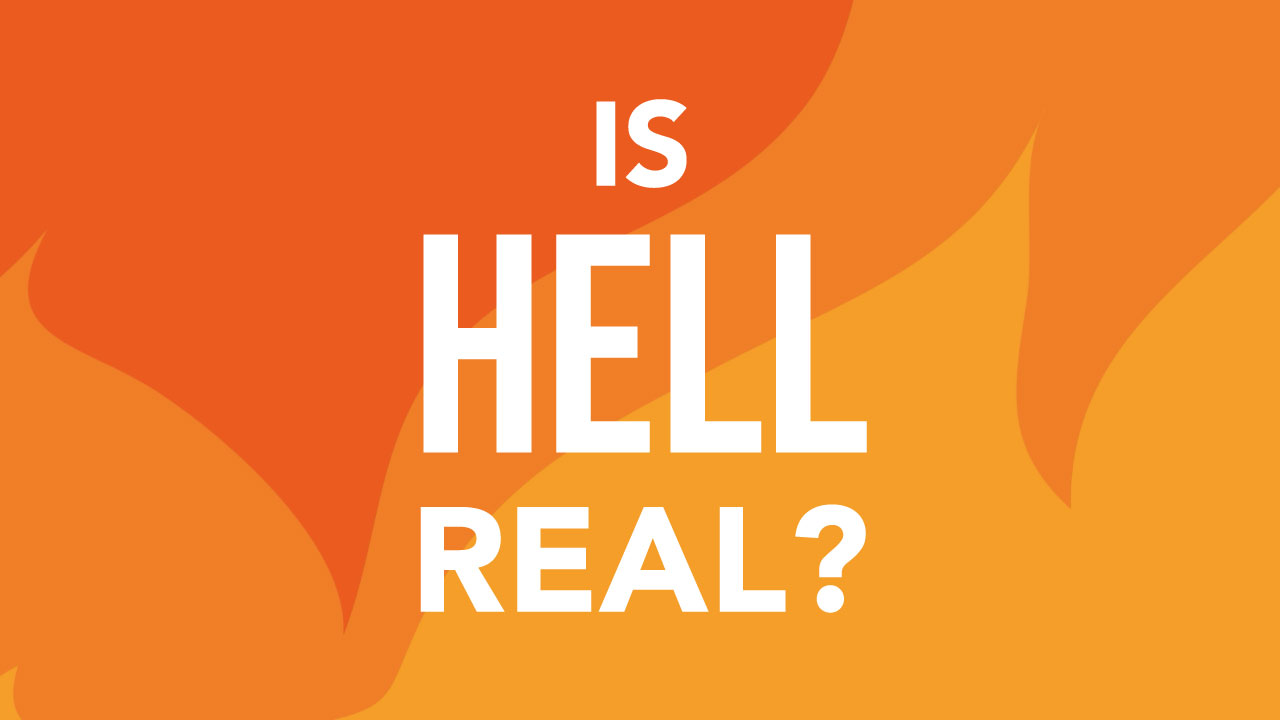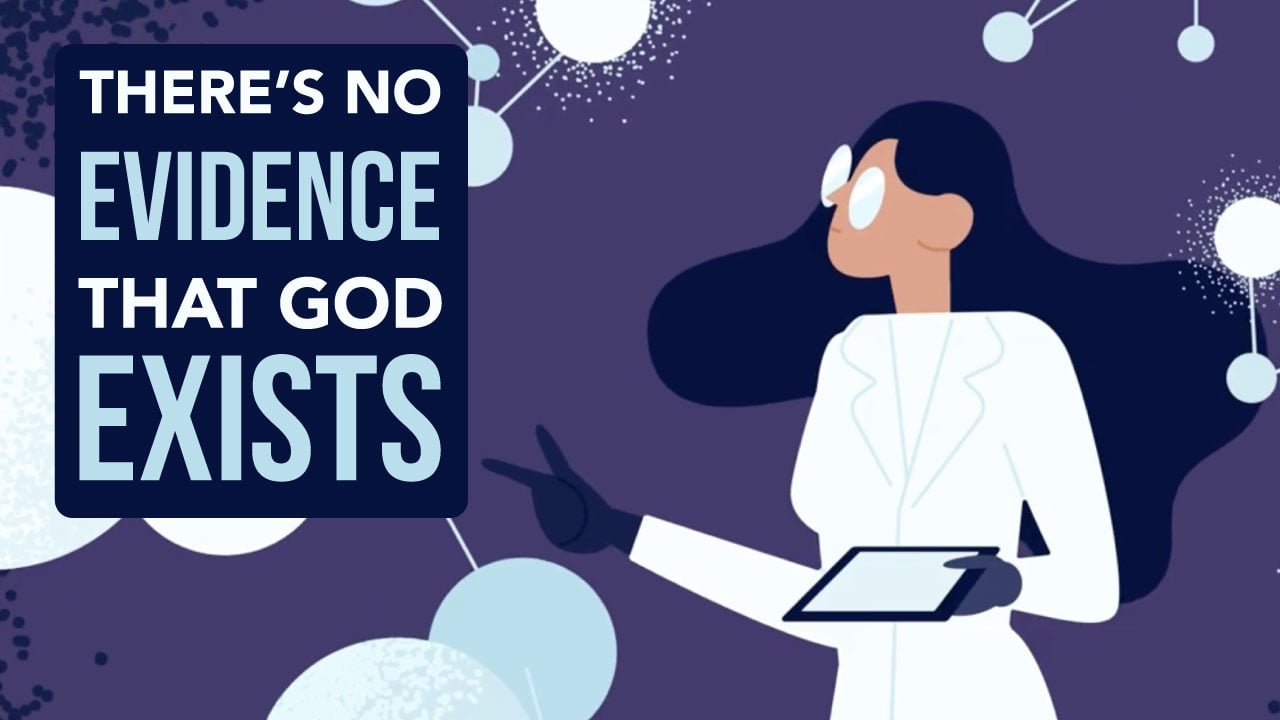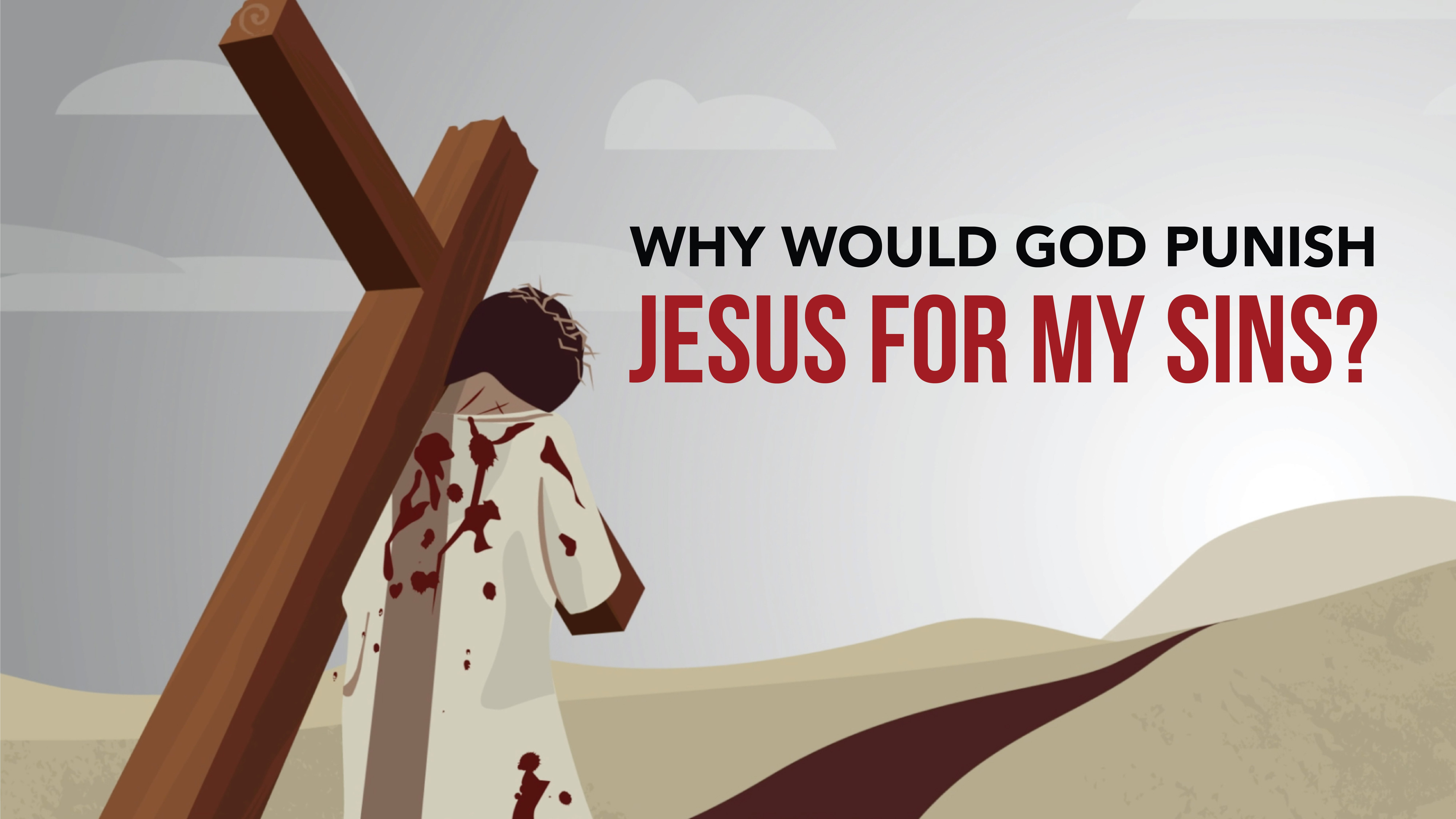You’re in a conversation and someone says, “Why would God allow the coronavirus? There cannot be a loving and all-powerful God, who would let people suffer like this.”
What would you say?
Many people think the existence of evil and suffering disproves the existence of God. After all, if God is loving, He would want to stop bad things from happening. If He’s all-powerful, He could stop bad things from happening. But evil and suffering obviously exist. Does this mean a good God cannot exist? No, and here are four reasons why.
1. Evil is evidence God exists, not that He doesn’t.
2. Evil is real, but not really a thing.
3. The possibility of love makes evil possible too.
4. God Himself is the only adequate solution to evil and suffering.
You’re in a conversation and someone says, “Why would God allow the coronavirus? There cannot be a loving and all-powerful God, who would let people suffer like this.” What would you say? Many people think the existence of evil and suffering disproves the existence of God. After all, if God is loving, He would want to stop bad things from happening. If He’s all-powerful, He could stop bad things from happening. But evil and suffering obviously exist. Does this mean a good God cannot exist? No, and here are four reasons why. Evil is evidence God exists, not that He doesn’t . Evil points us to the way the world ought to be. Children should be cared for, not abused. People should be free, not enslaved. Spouses should be faithful, not cheat. And when a natural disaster destroys life, or even property, we mourn what was lost as if it should have been different. But if we recognize that some things ought not to be, that means there is a way things should be. Every example of evil and suffering in the world points to some idea of goodness by which we discern what is good and what is evil, what is just and what is unjust. But where does this standard come from? A world without God cannot provide such a standard. Atheist Richard Dawkins, says it this way: if nature is all that exists, then the world has “no design, no purpose, no evil and no good, nothing but blind pitiless indifference.” However, God’s moral nature does provide a standard of goodness by which we can know evil to be evil. So, rather than being an argument against God, evil is evidence that a good God exists as the proper standard for objective morality. Which leads to the second point. Evil is real, but not really a thing. Evil is something but it’s not some thing. Evil is real, but it isn’t physical or tangible. You can’t pick it up. You can’t weigh it or measure it. So what is it? Evil is a corruption of what is good. It’s a parasite. Evil doesn’t exist in and of itself. It lives off of the good, twisting the way the world ought to be. Good can exist without evil, but evil cannot exist without good. Gluttony is a twisting of God’s good gifts of food and drink. Adultery is a twisting of God’s good gifts of love and sex. Corruption is a twisting of justice. When God created the universe, all that He made was good. Evil is the absence, or more specifically, the corruption of the good world God created. This means that evil is not something God caused or created. But then, what or who is responsible for bringing evil into the world? We are.” Which brings us to the third point. The Possibility of Love Makes Evil Possible Too In God’s good world, human beings were given the ability to make moral choices. But humans often use that ability for evil purposes, which results not only in the evil and suffering we experience at the hands of each other, but also in the brokenness of God’s creation. That’s how God’s good world is twisted by evil. Not by God, but by us. But why would God give us such freedom in the first place? One answer is that any real relationship requires some degree of freedom. If God simply wanted to be obeyed, His world would have been complete with animals. But God wants more than that. Because he wants a meaningful relationship with us, God dignified humans with the ability to make genuine free choices. As C.S. Lewis said, “free will is what has made evil possible,” but it “is also the only thing that makes possible any love or goodness or joy worth having.” We might be tempted to ask, “Was it really worth it? Is human freedom worth all the pain and suffering?” Only someone with God’s infinite knowledge and perspective can answer such a question. Just like a loving parent has good reasons to allow a child to endure the pain of a doctor’s shot or feel the sting of failing a test because they didn’t study, it’s reasonable to think that an all-knowing God would have sufficient reasons for creating the world the way He did. Which brings us to the final point. God himself is the solution to evil and suffering. If there is no God, then there is no hope our broken world can be put back together. A universe without God is a universe that is blind and indifferent to human suffering. In such a universe, there is no ultimate solution, no solace, no consolation. Thankfully, that’s not the universe we live in. Not only does an all-loving and all-powerful God exist, in Jesus Christ, He joined human beings in their suffering. Because He cares for this world, He invites our questions, like He did with Job. He doesn’t dismiss our hurts or overlook our suffering. And in the death and resurrection of Jesus Christ, we know He not only wants to set things right, He can and will set them right. This means evil is temporary. In fact, God has already begun the process of restoring our broken world. One day, all evil and suffering will be done away with once and for all, the world will be untwisted and He will make all things new. So, the next time someone says “I can’t believe in God because of the evil and suffering in the world, remember these four things: 1. Evil is evidence God exists, not that He doesn’t. 2. Evil is real, but not really a thing. 3. God’s good world was a world where evil was possible. And we are not good. 4. God Himself is the only adequate solution to evil and suffering





